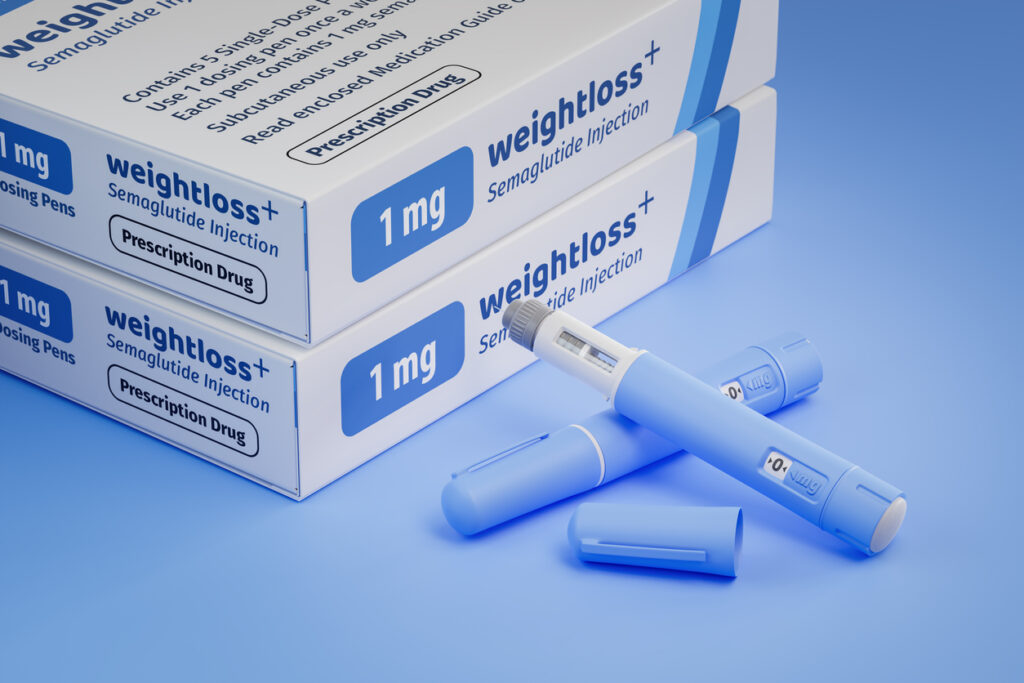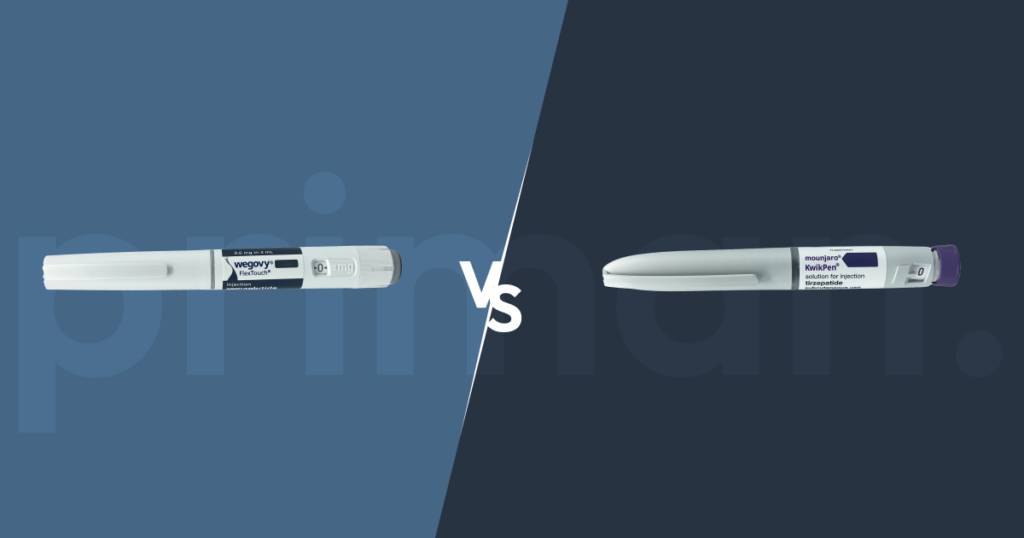Reaching a healthy weight isn’t just about fitting into your favourite jeans; it’s about improving your overall health and reducing your risk of chronic diseases. The good news is, achieving sustainable weight loss is absolutely possible. Here are 10 simple Weight Loss Tips for Men, supported by clinical evidence, to help you reach your goals:
1. Focus on Whole, Unprocessed Foods:
Ditch the sugary drinks, processed snacks, and refined carbohydrates like white bread and pastries. These foods are often calorie-dense and nutrient-poor, leading to overeating and weight gain. A 2017 study published in the Current Obesity Reports found a strong link between a diet high in ultra-processed foods and increased body weight.
Instead, fill your plate with whole unprocessed foods like fruits, vegetables, lean protein sources (chicken, fish, beans), and whole grains (brown rice, quinoa). These foods are packed with essential nutrients and fibre, keeping you feeling fuller for longer and promoting satiety.
2. Prioritise Protein:
Protein is crucial for building and maintaining muscle mass, which plays a vital role in metabolism. Studies from a 2008 research paper published in the Journal of the American College of Nutrition have shown that higher protein intake can boost metabolism and increase feelings of fullness, leading to reduced calorie intake.
Aim to include a source of lean protein at every meal and snack. Options like grilled chicken, fish, lentils, chickpeas, and Greek yoghurt are all excellent choices.
3. Don’t Fear Healthy Fats:
While avoiding unhealthy fats like saturated and trans fats is essential, healthy fats like monounsaturated and polyunsaturated fats are your friends. Avocados, nuts, seeds, and olive oil are all rich in these beneficial fats. Studies suggest that healthy fats can promote satiety and may even help regulate blood sugar levels.
Include healthy fats in moderation as part of a balanced diet. They can add flavour and richness to meals and help you feel satisfied.
4. Make Friends with Fibre:
Fibre is a type of carbohydrate that your body can’t fully digest. It helps you feel full, keeps your digestive system running smoothly, and may even aid in blood sugar control. A 2023 study published in the Frontiers in Nutrition found a correlation between higher fibre intake and reduced body weight.
Load up on fibre-rich foods like fruits, vegetables, whole grains, legumes, and nuts. These foods will keep you feeling fuller for longer, potentially helping you consume fewer calories overall.
5. Drink Plenty of Water:
Water is essential for overall health, and staying hydrated can also be a valuable tool in weight management. Research published by North American Association for the Study of Obesity suggests that drinking water before meals may help reduce calorie intake.
Aim to drink water throughout the day, especially before meals. This can help you feel full and potentially reduce your overall calorie intake.
6. Find Movement You Enjoy:
Exercise is a crucial component of weight loss and overall health. The key is to find activities you genuinely enjoy, making them easier to stick with in the long run.
Whether it’s brisk walking, cycling, swimming, team sports, or dancing, find something that gets you moving and keeps you engaged. The NHS recommends aiming for at least 150 minutes of moderate-intensity exercise or 75 minutes of vigorous-intensity exercise per week.
7. Portion Control is Key:
Even healthy foods can lead to weight gain if consumed in excess. Learning proper portion control is key to managing calorie intake.
Use smaller plates, measure out your portions, and be mindful of how much you’re eating. There are also various visual aids available online that can help you understand appropriate portion sizes.
8. Plan Your Meals and Snacks:
Planning your meals and snacks in advance can help you avoid unhealthy choices when hunger strikes. This also helps you ensure you have healthy options readily available.
Prepare healthy meals on weekends for the week ahead, and pack nutritious snacks for work or on-the-go situations.
9. Read Food Labels:
Understanding food labels is crucial for making informed dietary choices. Pay attention to serving sizes, calorie count, and sugar content. Be wary of “hidden sugars” and choose options lower in added sugar and unhealthy fats.
10. Get Enough Sleep:
While often overlooked, sleep plays a vital role in regulating hormones that influence hunger and satiety. Studies from a 2013 research paper published in the Proceedings of the National Academy of Sciences of the United States of America have shown that insufficient sleep can disrupt these hormones, leading to increased appetite and weight gain.
Key Takeaway
Weight loss is a journey, not a race. There will be setbacks along the way. The key is to be patient with yourself and try the 10 Simple Weight Loss Tips mentioned above. Don’t get discouraged if the weight doesn’t come off as quickly as you’d hoped. Focus on making sustainable changes you can maintain for the long term.
Feeling stuck in your weight loss journey? A healthcare professional can be your partner in success! They’ll create a personalised plan that fits your needs and health goals, considering any medical conditions you might have. They can also recommend medications (depending on your BMI, medical history etc..) to work alongside diet and exercise for a more effective approach.
You’re not alone, Priman is here to help!
Take part in our clinical assessment and see if you qualify for weight loss medication.
References:
Kelly, R. K. et al. (2023) “Increased dietary fibre is associated with weight loss among Full Plate Living program participants,” Frontiers in nutrition, 10. doi: 10.3389/fnut.2023.1110748.
Markwald, R. R. et al. (2013) “Impact of insufficient sleep on total daily energy expenditure, food intake, and weight gain,” Proceedings of the National Academy of Sciences of the United States of America, 110(14), pp. 5695–5700. doi: 10.1073/pnas.1216951110.
Paddon-Jones, D. et al. (2008) “Protein, weight management, and satiety,” The American journal of clinical nutrition, 87(5), pp. 1558S-1561S. doi: 10.1093/ajcn/87.5.1558s.
Physical activity guidelines (2024) NHS inform. Available at: https://www.nhsinform.scot/healthy-living/keeping-active/physical-activity-guidelines/
Poti, J. M., Braga, B. and Qin, B. (2017) “Ultra-processed food intake and obesity: What really matters for health—processing or nutrient content?,” Current obesity reports, 6(4), pp. 420–431. doi: 10.1007/s13679-017-0285-4.
Samra, R. (2009) “Fats and Satiety,” in Frontiers in Neuroscience. CRC Press, pp. 375–391.
Van Walleghen, E. L. et al. (2007) “Pre‐meal water consumption reduces meal energy intake in older but not younger subjects,” Obesity (Silver Spring, Md.), 15(1), pp. 93–99. doi: 10.1038/oby.2007.506.









